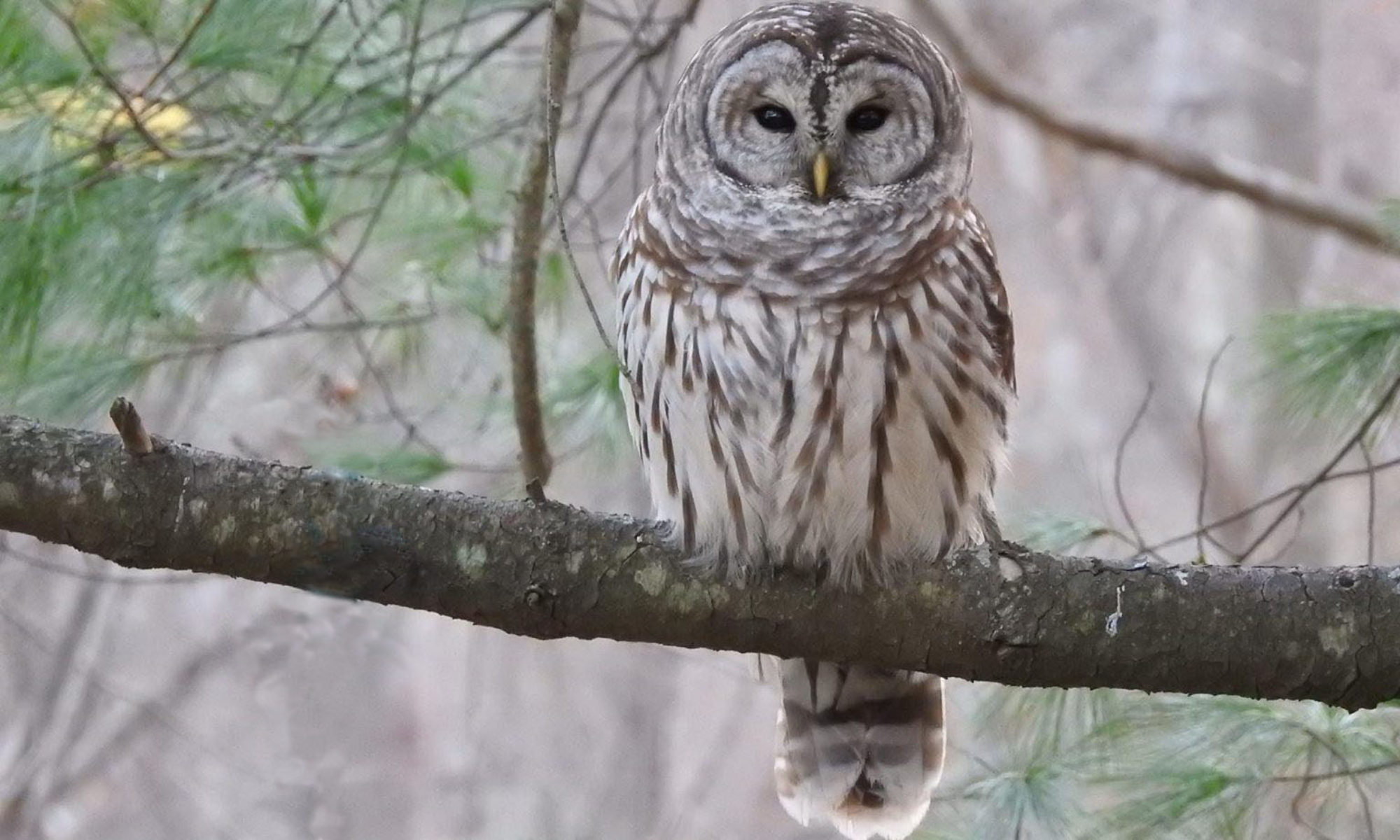My eight-year-old son is the birding version of Dr. Jeckyll and Mr. Hyde. This morning he was enthusiastic about the prospects of a walk around the pond, grabbing “his” binoculars (actually the family feederwatching bins) and donning socks and shoes, uncharacteristically without complaint. He was in good spirits in the morning sunshine, ticking off the regular birds and finding our FOY Blue-gray Gnatcatcher.
Fifteen minutes later he had unceremoniously foisted the bins on me and charged down the trail, tossing rocks and sticks off the crown of the esker, running pell mell ahead with the aim (or so it seemed to me) of scaring off any stray Catharus thrushes whIch had ventured into the county. My son had gone from promising protobirder to chaotic antibirder in the blink of an eye.
I have to remember not everyone shares my time-stands-still patience or my willingness to do an about-face and head 20 yards back down the trail in what is usually a misguided search for the source of a poorly heard chip note. Chipmunk!
My sluggishness compounds my frustration–i am slower on the move, slower to get on a bird, shaky, which sometimes means slower on the id. Slower, slower, slower! No wonder my son ran ahead. I shouted, “watch out for coyotes!” Hoping that might make him pause. Naïveté…
Today, a week later, he was 90% Hyde but I (oddly) didn’t care. It was warm in the sun and in the other 10% he’d helpfully pointed out a pair of Catbirds carrying nesting materials. He was so excited to show me and I got to share in his genuine excitement; I even caught a glimpse of the wonder that hooked me in the first place thirty years ago.
